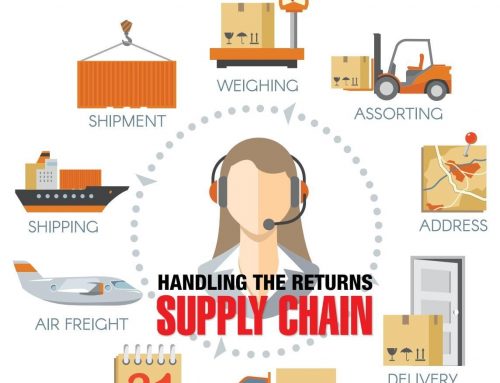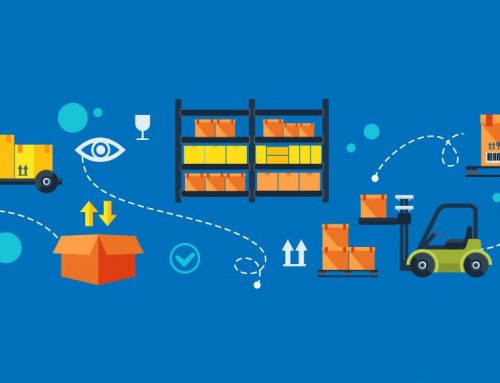Project Description
Why attend
Many companies face certain dilemmas such as : ‘Should we build our own warehouse?’ or ‘Should we choose Supplier A over Supplier B?’ or generally phrased ‘What level of Customer Service we aim for our customers?’. These questions are some of the many one could ask himself/herself when starting thinking to set up a new logistics activity or upgrade an existing one.
This course aims to provide some insight to address these issues in the best possible way as well as to get familiar of the methodology to follow.
Course Objectives
By the end of the course, participants will be able to:
- Getting familiar with the range of logistics activities
- Identifying customer requirements and their effect to existing logistics activities
- Understanding the relation between customer service and logistics
- Planning of logistics activities
- Controlling a logistics activity in terms of efficiency and cost effectiveness
- Selecting a logistics activity to be outsourced or not
- Distinguishing if a logistics activity is a cost saviour or a profit maker
Who should attend
This course is ideal for either newly appointed or experienced logistics managers who are requested to set up a new logistics activity or upgrade and improve an existing one. Alternatively, the course would suit anyone within the company who wishes to understand the basic principles in Logistics and to learn the methodology to plan such a logistics activity.
Course Outline
Definitions
What is Logistics – Range of activities – Role of Customer Service
Analyzing Logistics Activities
Warehousing – Types, Operations and management systems
Transportation – Types, Operations and management systems
Material Handling – Shipping & Loading
Related company operations – Purchasing, Sales, Production –
Logistics Networks
Equipment
Standard equipment – Training
Safety & Regulations
Existing standards and regulations – Equipment Safety regulations
Planning of Logistics Activities
Planning at different organisational levels – Logistics Responsiveness & Flexibility in operations – Fleet Planning – Routing & Scheduling
Monitoring & Controlling
How to monitor and control logistics operations – Roles & Responsibilities – Performance measurements – Controlling of internal & external activities – Principles of Costing a Logistics activity
Logistics Decision Systems & Process
Analyzing the information – Training of employees – Roles & Responsibilities
Evaluation of a logistics activity
Evaluation criteria – Reporting & presentation
Logistics successful cases
Examples of successful cases
The workshop
This interactive training course includes the following training methodologies as presented on the next column based on percentage of the total tuition hours:
Lectures
Workshops & Work presentation
Case Studies & Practical Exercises
Videos, Sofware & General Discussion
The course instructor may modify the above training methodology before or during the course for technical reasons with no prior notice to participants.
Falcon Consulting Professionals is established in Greece for the last 15 years in the areas of technical consulting and professional training for the local industries. Falcon is expanding in GCC, aiming to provide the best consulting and training solutions to the industries of the region. Falcon’s instructors are accredited trainers and highly experienced in their fields, as well as adult training. We aspire to build our business relationships on mutual trust. The achievement of results with an emphasis on innovation and sustainability, quality, cost analysis and time scheduling are non-negotiable from the conceptual phase of the training.









